
- United States
- United Kingdom
- Canada
- Australia
- Netherlands/Ireland
- High School
- University
- Research Institute
- Conditional Admission
- Community College
- Public College
- Private College
- Junior High School
- High School
- United States
- United Kingdom
- Canada
- Australia
- Netherlands/Ireland
- High School
- University
- Research Institute
- Conditional Admission
- Community College
- Public College
- Private College
- Junior High School
- High School
Study in the UK STUDY UK
Introduction
Education System Overview
The education system in the United Kingdom differs slightly from the United States and the Philippines. After completing compulsory education at the age of 16, students can choose to pursue Further Education (FE) through A-levels, IB, or other pathways to continue their academic development and enter university; alternatively, they can opt for vocational education, obtain a degree, and enter the workforce. Obtaining a Bachelor's degree in the UK typically takes only three years, but some programs, including those with internships, and degrees in Scotland, follow a four-year structure similar to Taiwan and the United States.
Since Further Education includes some university preparatory courses, Taiwanese high school students who wish to study at a regular UK university usually need to separately enroll in International Foundation Courses or International Year One to bridge the knowledge gap in their field of study and allow time for adapting to the UK education environment.

International Foundation Courses
International Foundation Year
To help international students who have not taken A-levels or IB exams smoothly transition to UK university courses, UK universities and some educational institutions offer International Foundation Courses for international student applications. These courses aim to cultivate the academic abilities and enhance English proficiency of international students while assisting them in adapting to life and culture in the UK.

International Year One
International Year One
To facilitate international education integration, some UK universities offer International Year One courses to international students with existing higher education foundations. Therefore, International Year One programs often require applicants to have completed at least one year of higher education. In contrast to Foundation Courses, International Year One directly immerses students in their chosen field of study, allowing them to proceed to the second year of study upon graduation.
Education System
Educational System
The education system in the United Kingdom starts relatively early, with compulsory education beginning at the age of five. Students complete six years of primary school, three years of secondary school, and two years of high school before taking the GCSE exams at the age of 16, marking the end of compulsory education. After this, students can choose between vocational education based on their career plans or pursue academic studies. Students opting for academic studies need to complete an additional two years of A-level courses, which is equivalent to the basic higher education in the Philippines. This allows students to choose subjects of interest to study and take the A-level exams in those subjects upon completion of the courses, qualifying them for university admission.
High School
GCSE
Grade 10High School
High school
Grade 11Grade 12Grade 13University
Undergraduate
Grade 1Grade 2Grade 3Graduate School
Postgraduate
Grade 1
*Junior High School
Grade 9Grade 10High School
Senior
Grade 11Grade 12University
Undergraduate
Grade 1Grade 2Grade 3Grade 4Graduate School
Postgraduate
Grade 1Grade 2
Application Process
Application
Most UK applications do not have set deadlines and follow a rolling admissions process. Typically, applications can be submitted starting from September each year until spots are filled or just before the start of the academic year (slight variations exist for universities and research institutes). Unlike many other countries, the UK does not require English proficiency test scores (such as IELTS/TOEFL) during the application process. Schools will review the application materials and make admission decisions directly. If accepted, students only need to submit their final grades before the start of the academic year or attend pre-sessional courses at the school to meet language requirements. Additionally, most UK master's programs do not require GRE/GMAT scores and place more emphasis on students' academic records and relevant experiences.
Step 1 - Application Preparation
- School Selection Strategy Planning
- Initial School Application Selection
- Study Abroad Exam Preparation
- Confirm Recommender Selection
Step 2 - Document Preparation
- Finalize School Application List
- Prepare Application Documents (Transcripts, Passport)
- Complete Writing and Editing of Application Documents
Step 3 - Official Application
- Confirm Recommender Submission of Recommendation Letter
- Provide Required Transcripts and Certificates
- Monitor Application Status and Application Email
Step 4 - Application Results
- Confirm Final School or Language Course Enrollment
- Arrange Accommodation
- Prepare Required Visa Documents
- Apply for CAS from School
Step 5 - Pre-Departure Preparation
- Apply for UK Student Visa
- Select Courses According to School Regulations
- Confirm Dormitory Check-In Time
- Book Flight Tickets, Arrange Entry Itinerary
Recommended Articles
TOEFL / GRE / GMAT Exemption Zone
You can apply to universities/research institutes in the United States, United Kingdom, and Canada without TOEFL, IELTS, GRE, GMAT, or SAT scores!



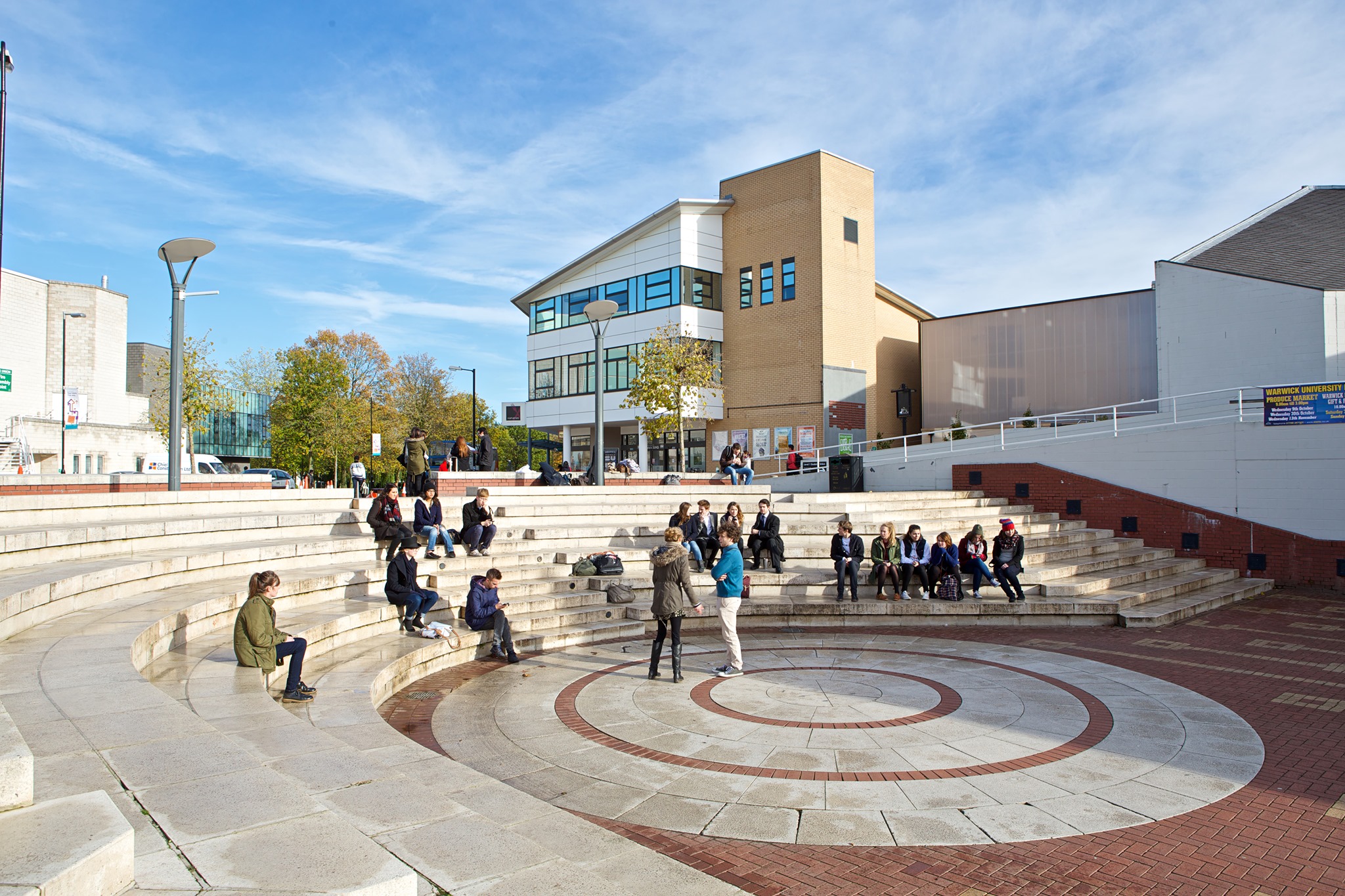
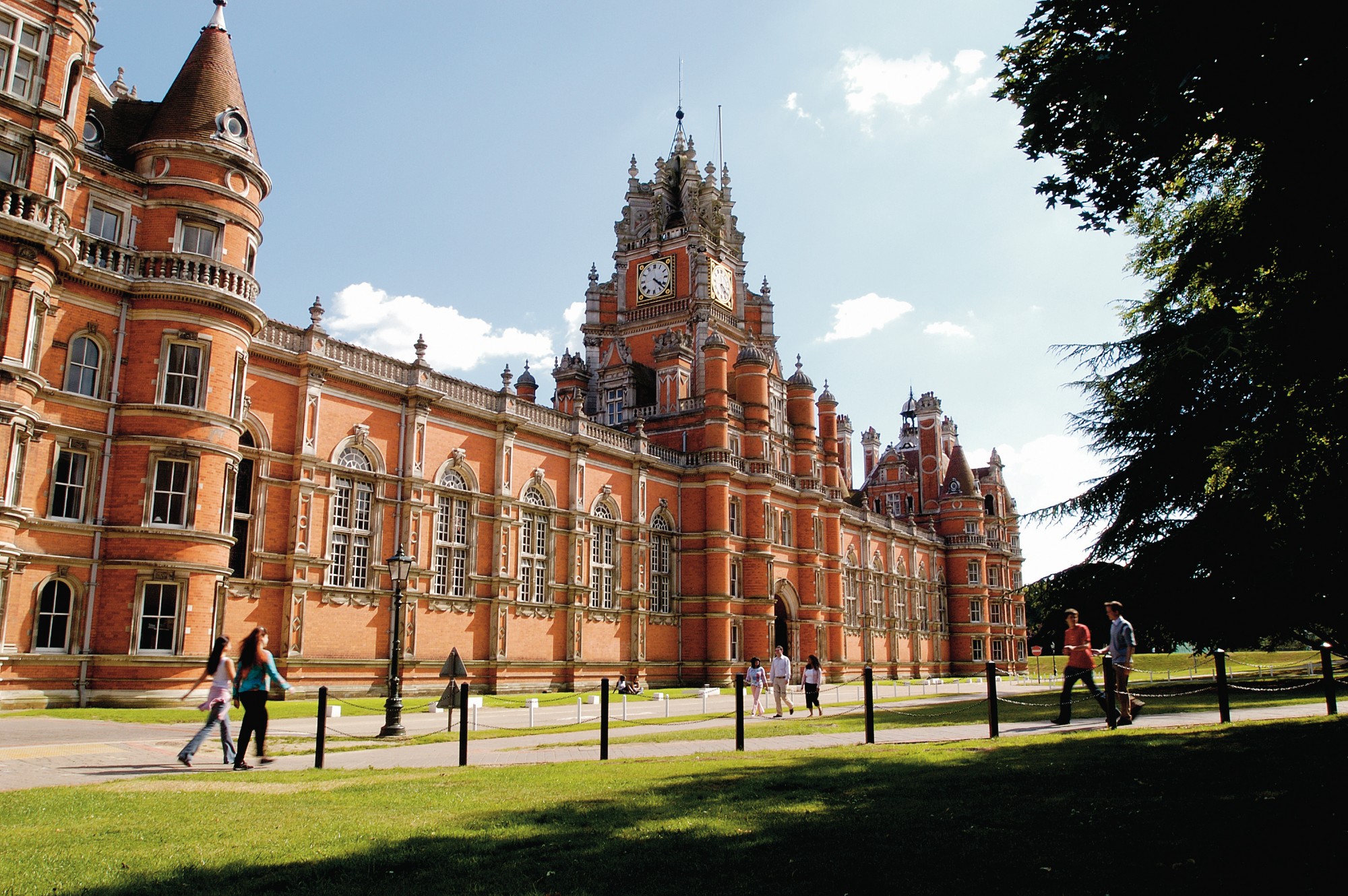
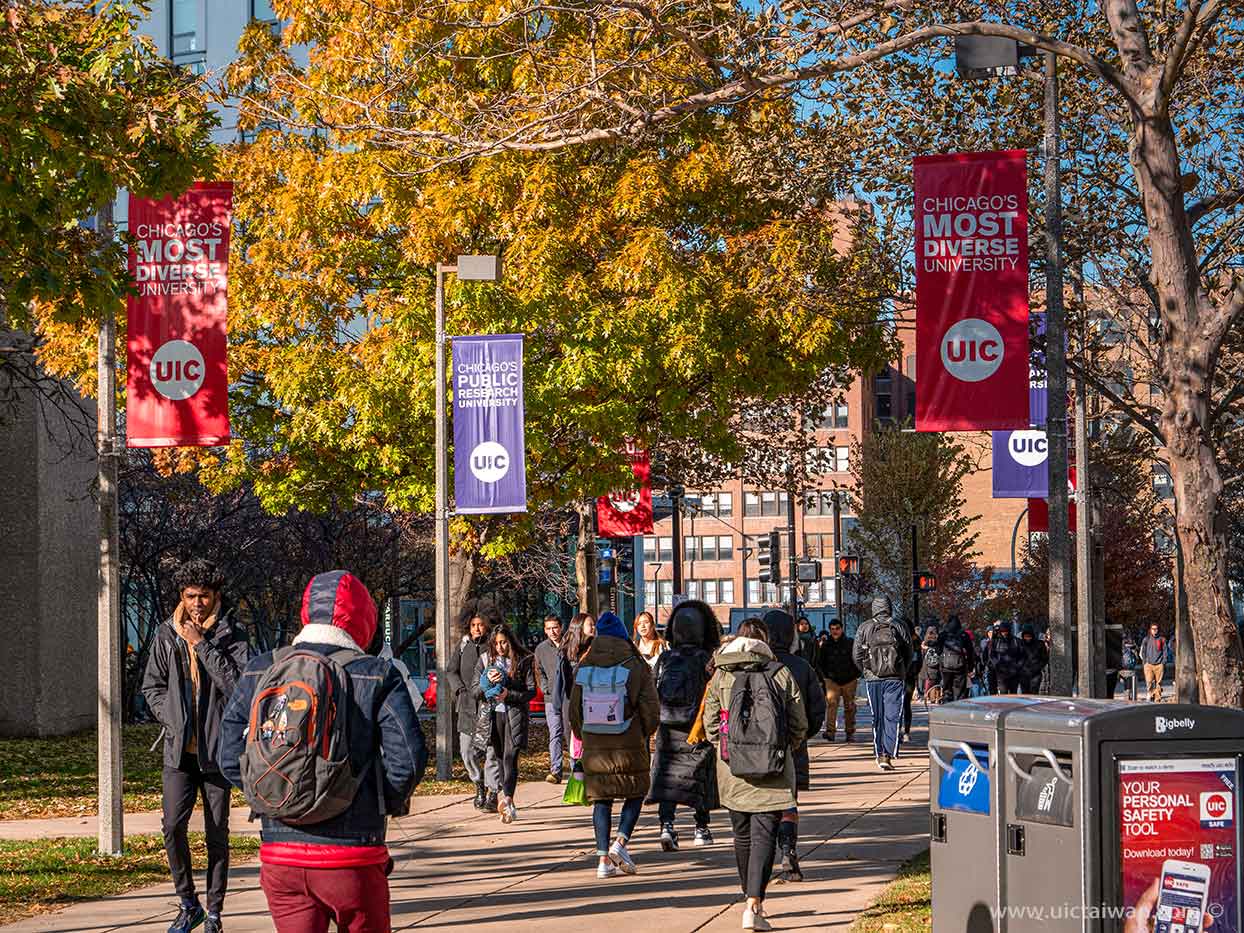


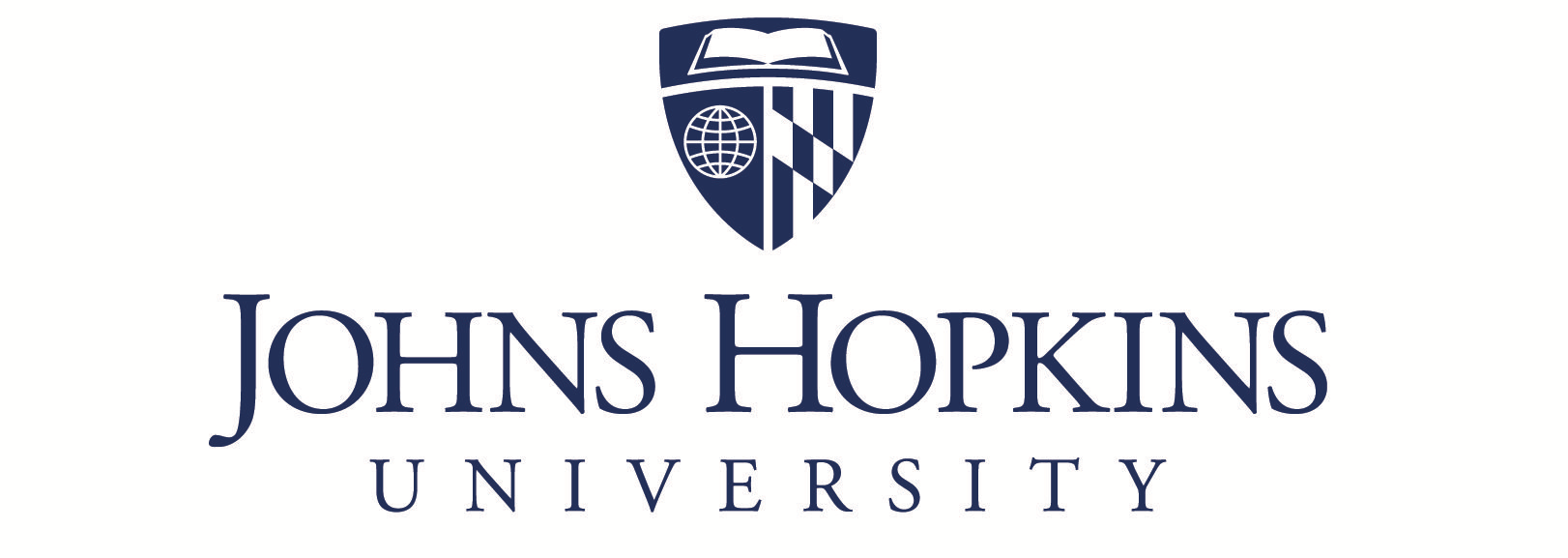
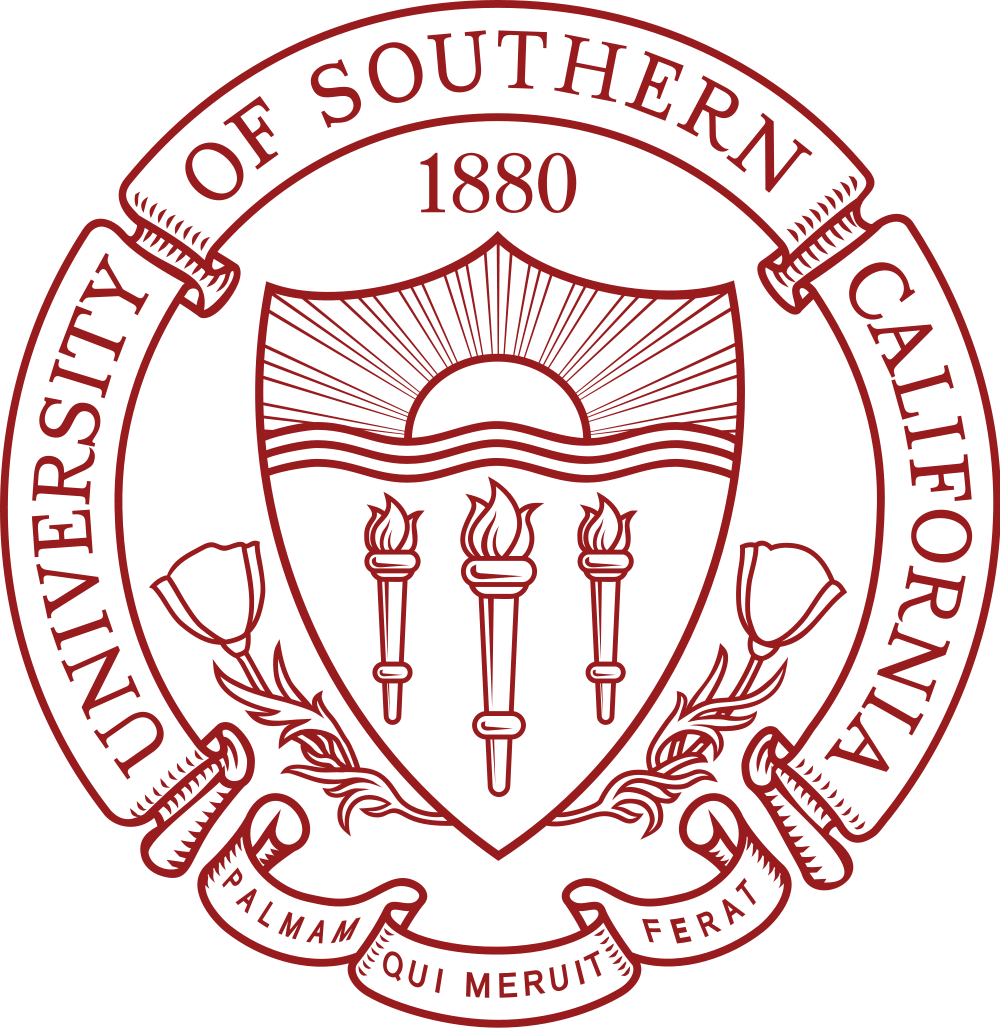


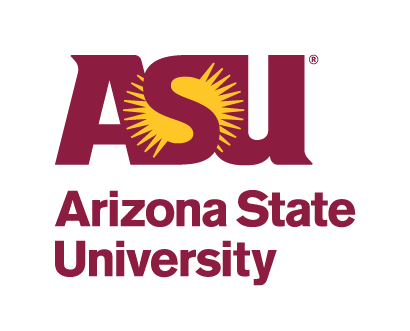
 Study in the USA
Study in the USA Study in Australia
Study in Australia Study in the UK
Study in the UK Study in the Netherlands/Ireland
Study in the Netherlands/Ireland Study in Canada
Study in Canada Conditional Admission
Conditional Admission



